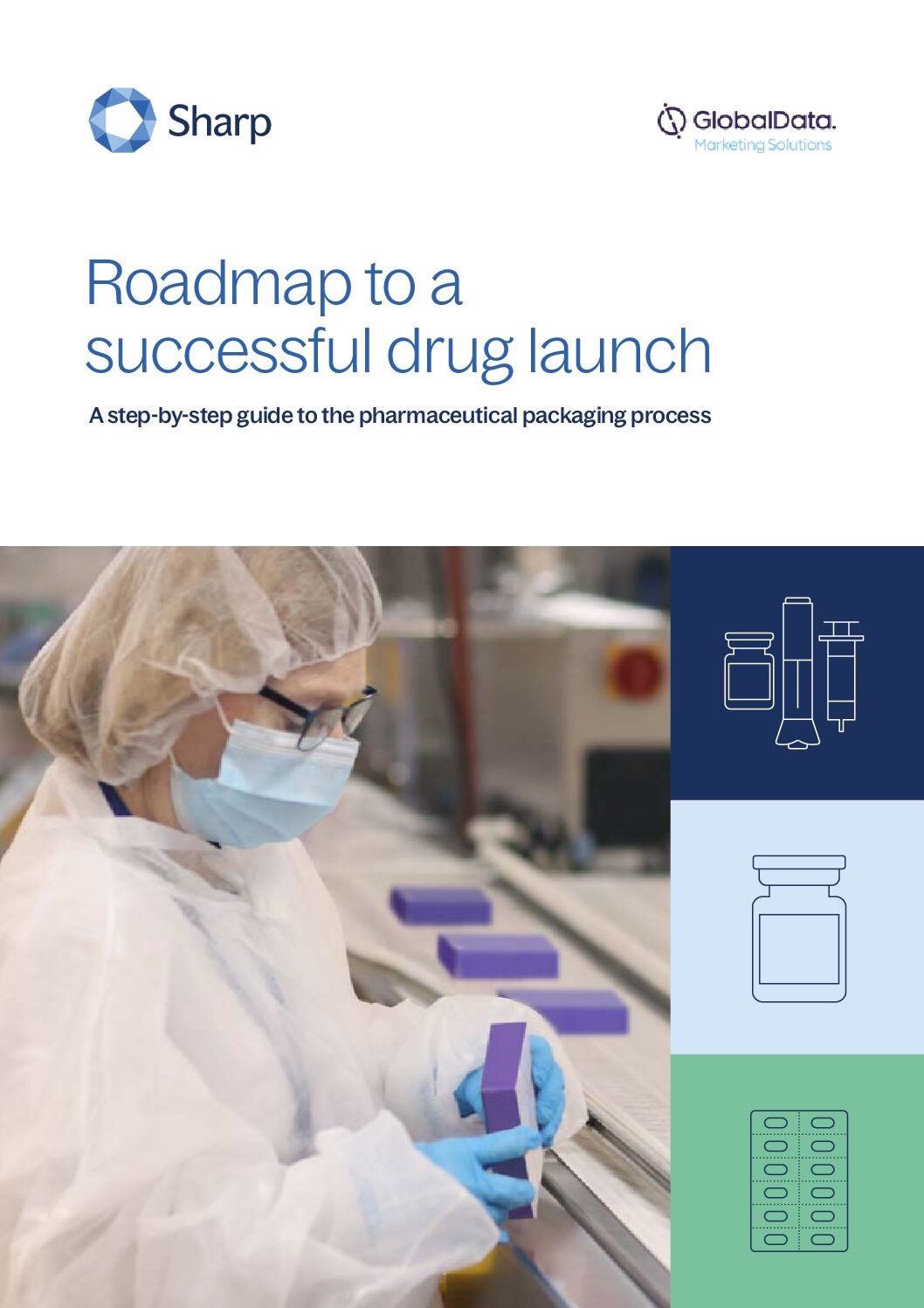Provision of clinical trial materials (CTM) for research in today’s highly regulated domestic environment can be challenging for even large pharma companies to manage, despite their access to experienced resources and proprietary inventory management technologies. Small pharma and biotech companies face the same difficulties in addressing these challenges, however they must successfully manage and optimize the same processes oftentimes with significantly less sophisticated tools and techniques.
There are certain givens to every clinical trial; that is to say conducting a clinical trial without CTM is a virtual impossibility. The need for adequate trial supplies transcends all industry barriers. In fact, early in my career an industry veteran confided that running short of CTM is a guaranteed fatal flaw for any supply chain resource at any pharmaceutical company, regardless of size.
So what can the prudent supply chain manager do to prepare for success in advance and provide the greatest opportunity for success in CTM supply? For the purpose of this brief overview, I would like to suggest three (3) initial areas where significant consideration should be given up-front to allow for the greatest likelihood for success:
1. Defining Clinical Study Requirements
2. Understanding Manufacturing Process(es) and Concerns
3. Efficiently Structuring Distribution

US Tariffs are shifting - will you react or anticipate?
Don’t let policy changes catch you off guard. Stay proactive with real-time data and expert analysis.
By GlobalDataDefining Clinical Study Requirements
Clinical Trial Managers / Project Managers face a litany of challenges in executing clinical studies in today’s complex industry. Prior to initiating any clinical trial, it is critical that a study protocol is available to assist with defining supply needs. Consideration should be given to the number of subjects that are projected to enroll, the number of participating study sites, the required dose strength(s) that may be required, the distribution of subjects across those dose strengths, and anticipated drop-out rates, just to name a few. Understanding the expected duration of the study is also critical in evaluating CTM, as it will help the Team understand if there are shelf-life / expiry issues to take into consideration or verify if analytical data is available to support the use of a single-lot of material for the life the study.
Failing to adequately define these parameters may lead to over or under production of product, and have massive impacts in terms of spending.
Understanding Manufacturing Process(es) and Concerns
Today’s clinical trial landscape is littered with companies that are increasingly pushing the envelope to bring new drugs to market by pursuing new delivery technologies, customized/personal therapies, and utilizing increasingly volatile and sensitive compounds. Well before a study approaches, it is crucial to evaluate and thoroughly comprehend the supply chain prior to a new study commencing. The road to bringing CTM to the shelf of a participating site can be a lengthy and arduous one, and should not be taken for granted.
First and foremost, does your company manufacture the product internally or is it outsourced? In either case is there available manufacturing capacity to meet demand within the required time frame prior to moving forward? What components are required in order to manufacture the product – are special excipients needed? Does the product require use of a scheduled narcotic API requiring special handling permits, quota, or importation? What are the lead times for manufacturing taking into consideration order backlog, packaging component available inventories, batch sizes/yields, and analytical testing requirements? These are just a small sampling of the many questions that should be considered as the CTM manufacturing process is evaluated in advance of conducting a clinical study.
Efficiently Structuring Distribution
Once requirements for CTM are defined and production is initiated, it is then important to shift gears and evaluate other aspects of the supply chain to minimize financial impacts. Oftentimes it is necessary to grasp what clinical trial supplies will be distributed to sites in addition to CTM. For instance, are there diagnostic supplies or rescue medications needed? Are laboratory kits required? Are there any specialized tools, equipment or questionnaires that must be sent to the site to assist with dosing? All of these are important to take into consideration to minimize the number of shipments for each site and the corresponding administrative burden on site personnel.
Supply chain managers should also understand and evaluate the bulkiness of CTM kits and packaging to reduce the impact on limited shelf space at participating clinical sites. It is also important to carefully assess the volume of product needed at each site. Supplying large quantities of CTM to all sites may seem to be a conservative approach, however if the product must be kept refrigerated, or if the site fails to enroll subjects, there may be losses incurred that otherwise may have been avoided. Conversely, providing too little product to sites may artificially hinder their ability to enroll subjects into a study. All these factors are vital to setting up re-supply of CTM to occur in an efficient manner.
Although these issues may seem simple in theory, taking into consideration all of these major areas is important in order to craft an efficient, manageable supply chain for your clinical study. Failing to take any of these areas into account may lead to disastrous consequences, not only for the study but potentially for the compound or, depending on the size of the company, the entire organization.
As pharmaceutical companies continue to refine their approaches toward conducting clinical studies, the visibility and sensitivity to costs associated with CTM will continue to grow. Preparing and planning for success in advance may help contribute to a positive outcome.







